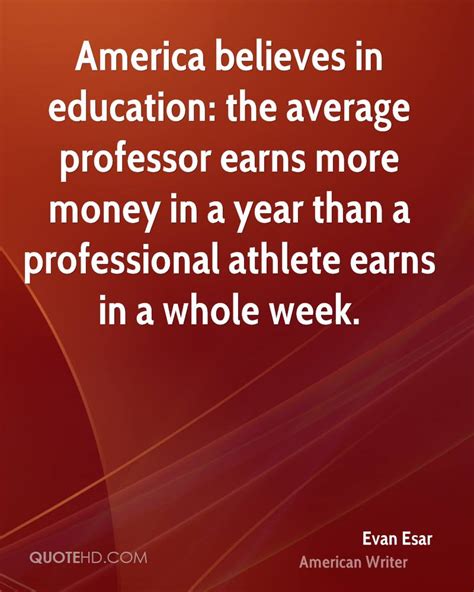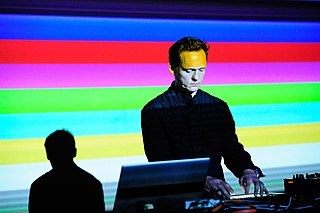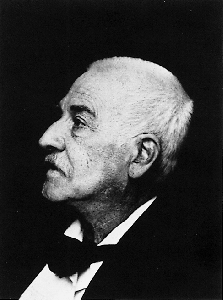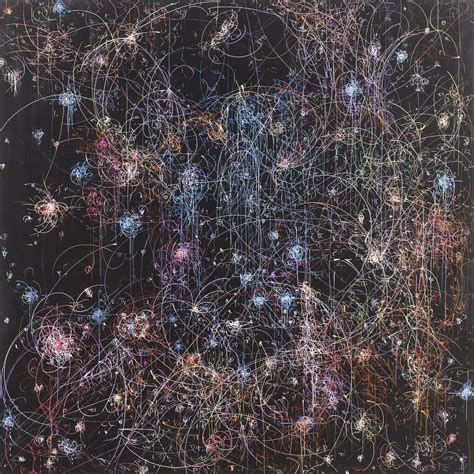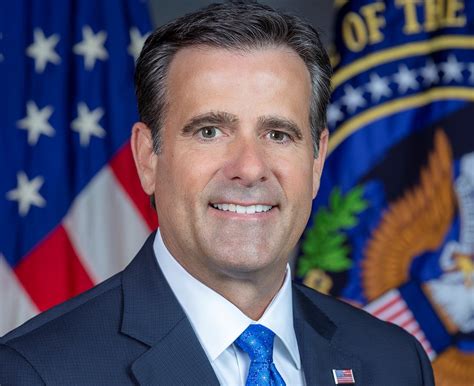A Quote by Evan Esar
Statistics: The only science that enables different experts using the same figures to draw different conclusions.
Related Quotes
The Jews started it all-and by 'it' I mean so many of the things we care about, the underlying values that make all of us, Jew and Gentile, believer and aethiest, tick. Without the Jews, we would see the world through different eyes, hear with different ears, even feel with different feelings ... we would think with a different mind, interpret all our experience differently, draw different conclusions from the things that befall us. And we would set a different course for our lives.
To each eye, perhaps, the outlines of a great civilization present a different picture. In the wide ocean upon which we venture, the possible ways and directions are many; and the same studies which have served for my work might easily, in other hands, not only receive a wholly different treatment and application, but lead to essentially different conclusions.
Self-centeredness will bring on the destruction of our world. National pride separates people. All people need the same thing. When you really get down to it, you'll find that all people need good food, clean water, clean air, and a decent environment, meaning education as to how to relate to one another and to avoid conflict, how to accept the differences where different people draw different conclusions.
I'm not trying to create an aesthetic that's my own; I'm trying to create a way understanding things through drawing and painting. That's the common thread. Things can look different, but that's not what's important. What's important is the process is the same, the ideas are the same, I'm using the same building blocks, but they're different. The larger framework is the same; it's the pieces that change. For me, it's about these different elements, but you're still fitting them together into sentences, words, paragraphs, and stories.
